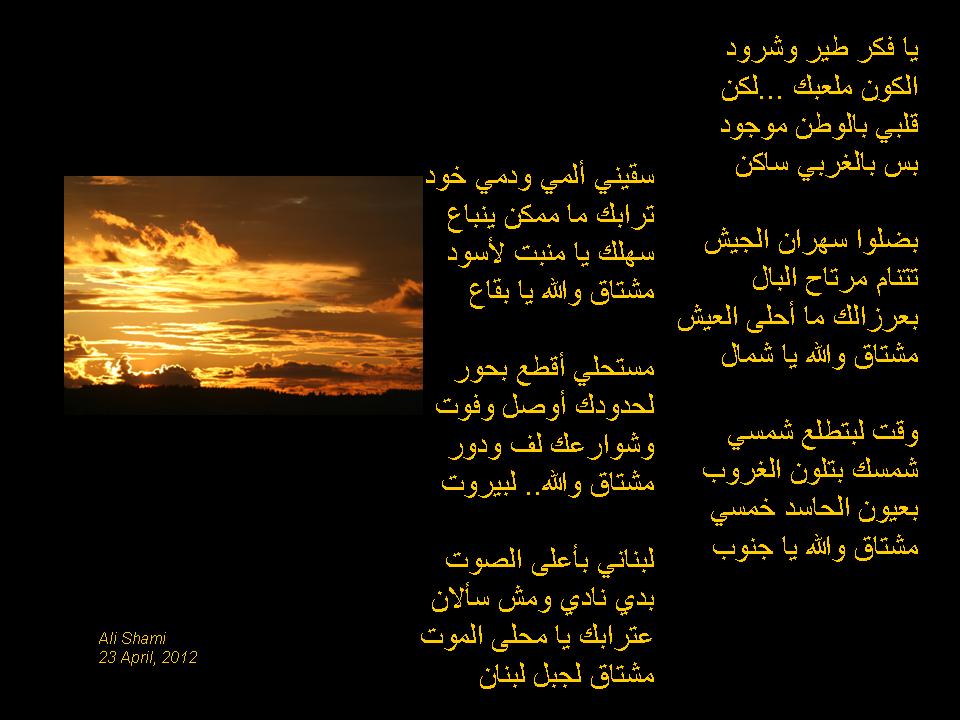ZAJAL, DECLAIMED POETRY OF LEBANON ON THE WORLD HERITAGE LIST OF UNESCO
11.27.2014, OLF / AFP
CULTURE “The poetic contests serve as a safety valve and help to resolve conflicts and to strengthen social cohesion”, said Unesco.
Unesco announced Thursday to have included zajal, the declaimed or sung poetry in Lebanon on the list of cultural heritage, a unique tradition in the Middle East region. “This is the first time that Lebanon has a nomination for inclusion on the list of intangible heritage” of UNESCO, declared to AFP Milia Jabbour, permanent deputy delegate of her country to Unesco.
The zajal is a form of Lebanese folk poetry declaimed or sung at social and family celebrations and in everyday life. In the poetic contests, the troops of poets recite verses, often in the form of challenges to the beat of the tambourine and darbuka.
Among those who have left their mark in the world of this Lebanese traditional art, we name the poet Emile Noun, the famous Zaghloul el Damour and his companions, and the choreographer and poet Alain Merheb who was a fine connoisseur of zajal.
“The poetic contests serve as a safety valve and help to resolve conflicts and to strengthen social cohesion said”, said Unesco. “This tradition is unique among the countries of the Middle East, it is shared by the city and the country, and is transmitted from generation to generation,” said Milia Jabbour. She indicated that Lebanon could present in the future a joint bid with other neighbouring countries for the dabke, a traditional dance of the region.
Another dance of the Middle East, Al-Ayyala whose candidacy had been nominated jointly by the United Arab Emirates and Oman, was also added Thursday to the prestigious list.
Al-Ayyala mixes sung poetry, music, drumming and dancing, and simulates a battle, two rows of men facing each other holding thin bamboo sticks that symbolize spears or swords. “We hope that the inclusion of Al-Ayyala on the list will encourage its development, especially among the younger generation,” declared Samira Al-Moussa, Ambassador of Oman to UNESCO, to AFP.
The ritual and ceremonies of Sebeiba in Algeria, which are according to Unesco an expression of the cultural identity of the Tuareg living in the Algerian Sahara, were also on the list.
Morocco’s bid for the practices and know-how related to the argan tree has also been retained.
The Unesco Committee for the safeguarding of intangible cultural heritage had completed on Friday a five-day meeting in Paris during which it examined forty nominations for registration on the representative list of the Intangible Cultural Heritage of Humanity.
Since 2003, the United Nations Educational, Scientific and Cultural Organization (UNESCO) has established a list of these traditions, sometimes threatened with deterioration or disappearance, distinct from that of natural or cultural sites,
Source: L’Orient Le Jour





